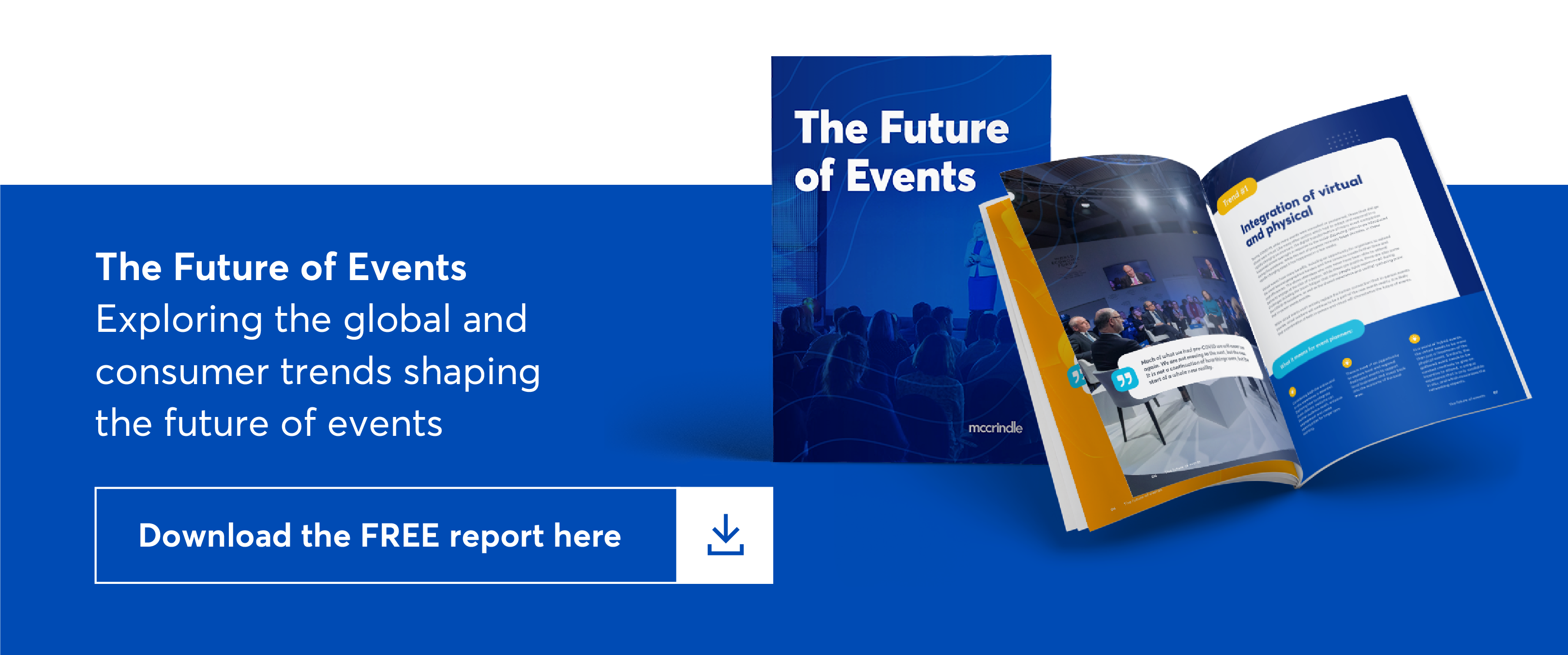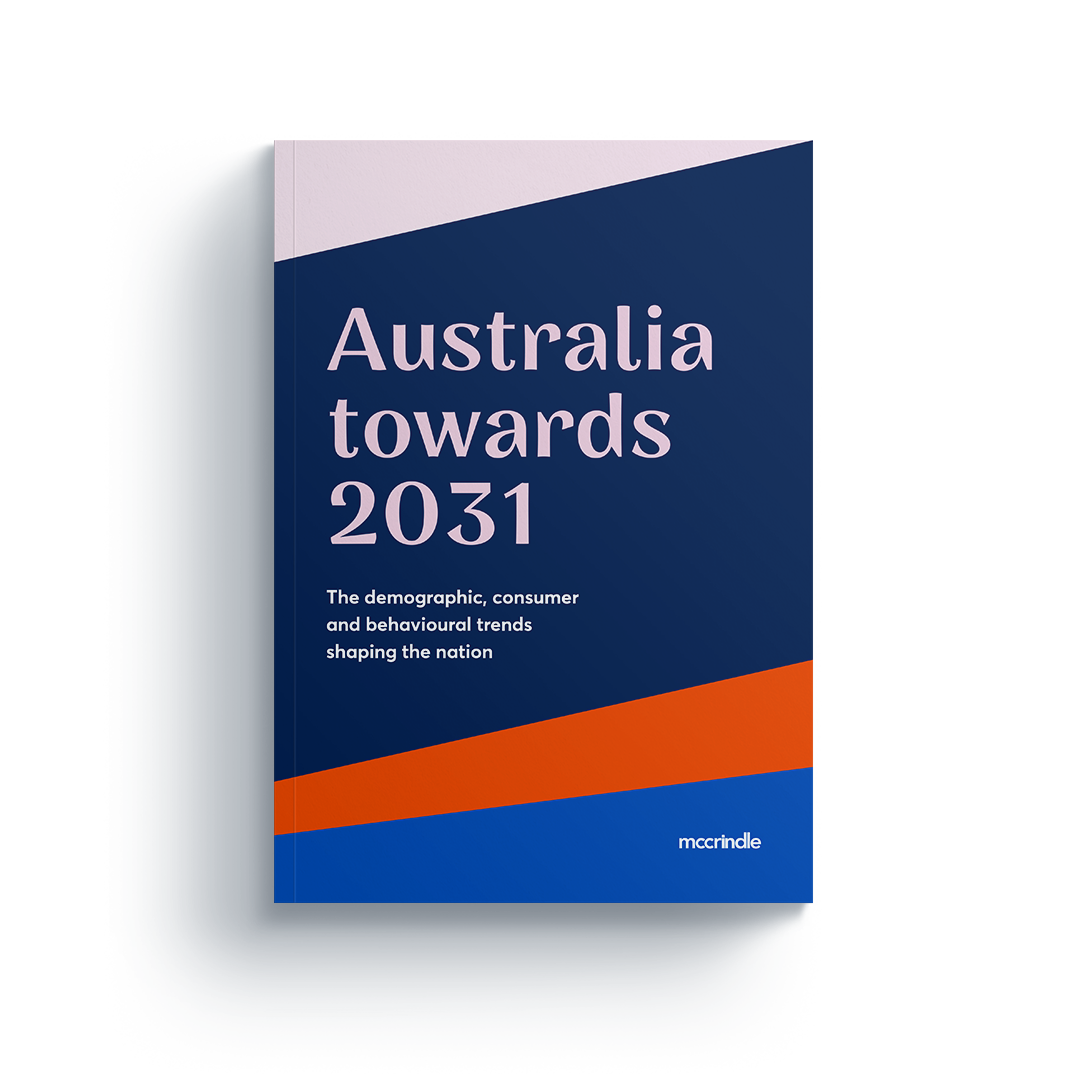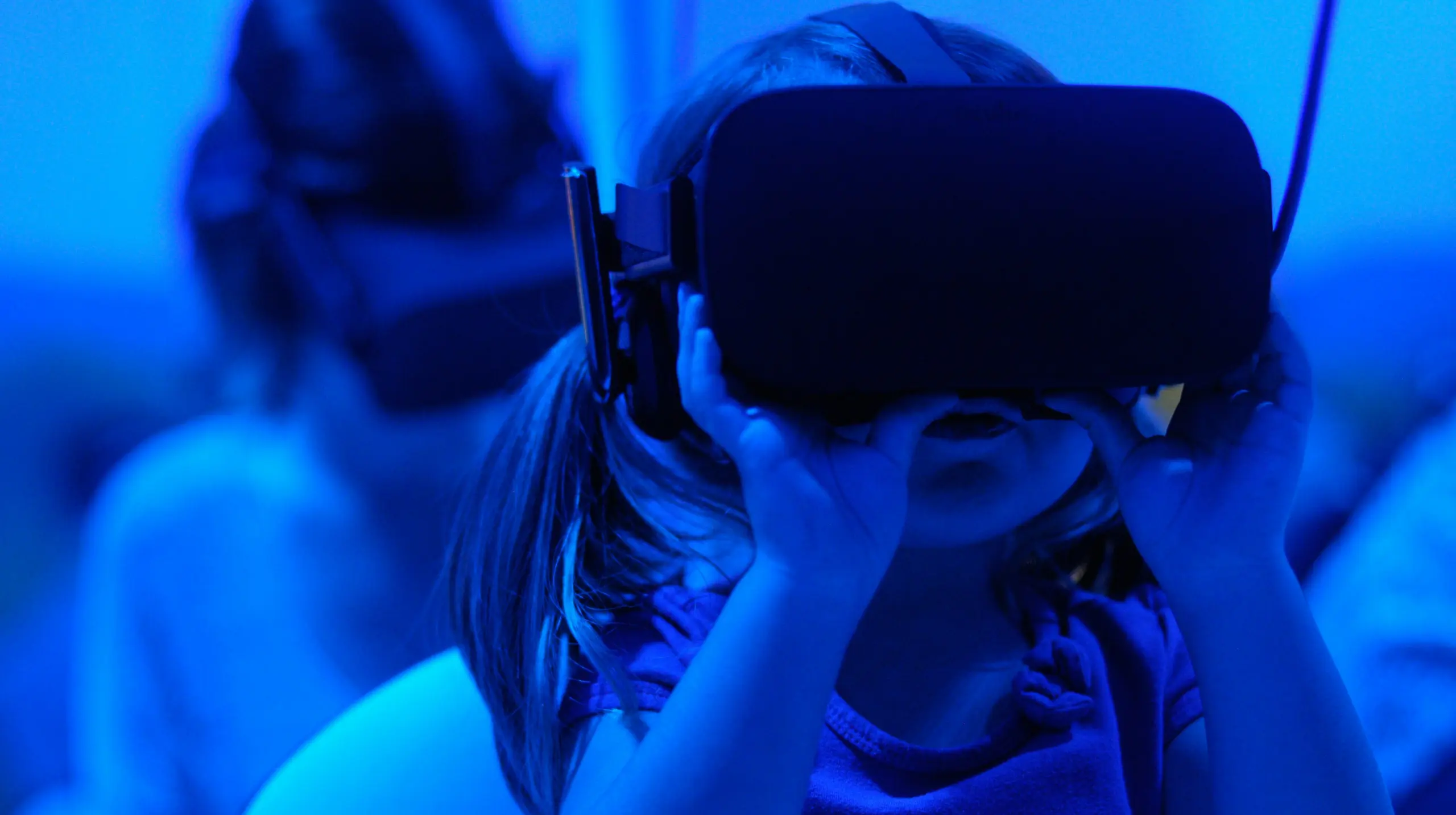Work Wellbeing
How COVID-19 has changed the future of business events

The COVID-19 pandemic has had a big impact on global, national and local business events. As in-person conferences come back and people look forward to gathering again, how can we expect the future of events to shift as a result?
Hybrid events will be more common
During COVID-19, while many events were cancelled or postponed, those that did go ahead went virtual. Like many other sectors which had to adapt and respond in a rapidly changing environment, the digital transformation of many event companies happened almost overnight. While this sort of progress normally takes decades, in these rapidly changing times it happened in a few months.
During this time, it was highlighted that virtual events have many benefits. These range from the opportunity for organisers to extend the event beyond geographical borders and time zones to creating further time and cost efficiencies. It has also allowed attendees who may never have been able to attend an event before, to engage at the click of a button. While virtual events won’t entirely replace the human connection that in-person events provide, virtual solutions will continue to be a part of the new events reality. It is likely that a combination of both in-person and virtual will characterise the future of events.
At the same time, there will be an appetite for the in-person event experience… but it will need to be reimagined
While there is a wide-spread acknowledgement that hybrid work and events will be a part of the future, that doesn’t mean in-person events are not desired. After years of social isolation and lockdowns, people are yearning to be back in the room with colleagues and those in their network.
Digital connectivity brings efficiency, convenience, and scale. However, humans at their core are relational beings with timeless human needs for physical connection and face to face interaction. As the digital increasingly replaces the physical, people will crave gathering more than ever before, and events will play a key role in facilitating this.
In a more hybrid world, in-person events will need to be reimagined to offer something that virtual events lack. Gathered events need to be curated creatively to give an incentive for people to attend, a unique experience that is only available in situ, and which maximises the networking aspects.
A focus on sustainability will be paramount to attracting event attendees of the future
Sustainability is more than just a buzz word; it is fast becoming a framework within which to live by. Many consumers and event attendees today are choosing to engage with and align themselves with organisations who live and breathe their Corporate Social Responsibility. It is not price alone that drives consumer decisions. Many are willing to pay more for sustainable products and services.
More than two in three Millennials would happily pay a higher price to guarantee sustainability, while 55% of Gen X (36 to 54-year-olds) and 46% of Baby Boomers (55 to 64-year-olds) feel the same. Gen Z are likely to follow in the footsteps of the Millennials and potentially be even more eco-friendly in their purchasing decisions. It is likely that purchasing of eco-friendly products and services will increase as Generation Z establish their careers and have a greater consumer spend.
While the emerging event attendee is environmentally and sustainably minded, only 11% of event professionals believe that sustainability will have a big impact. Event organisers who can embrace sustainability and factor it into their planning have an opportunity to set themselves apart in an increasingly sustainably minded culture.






